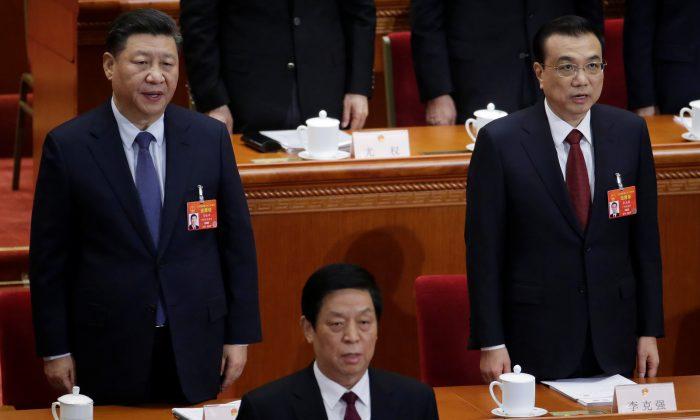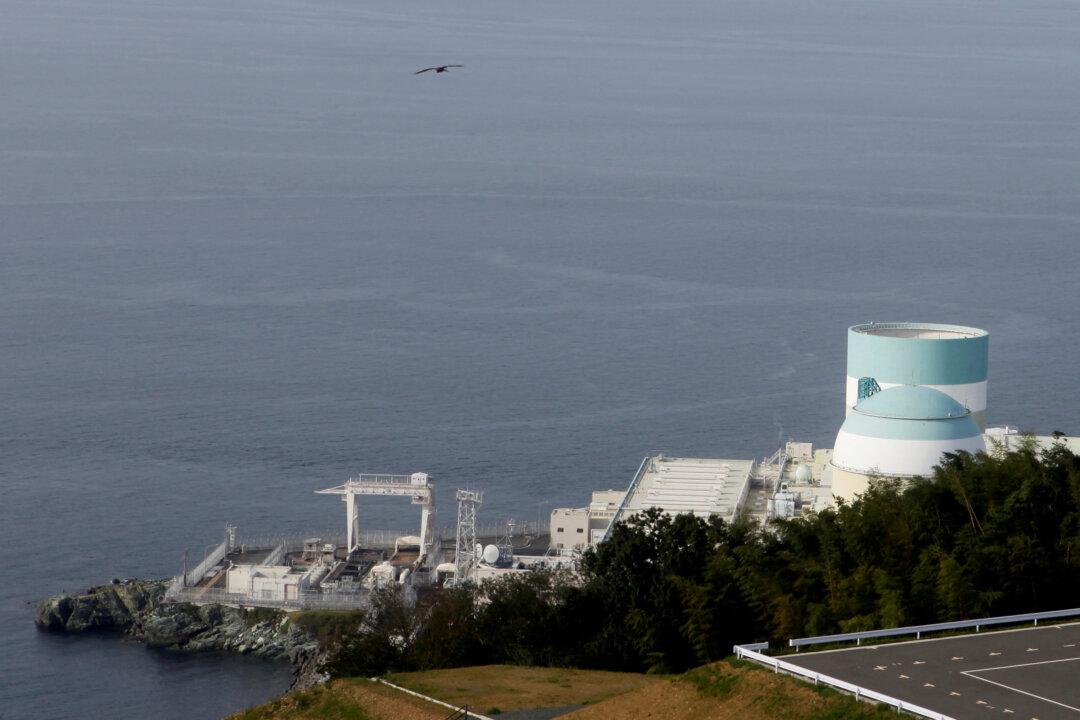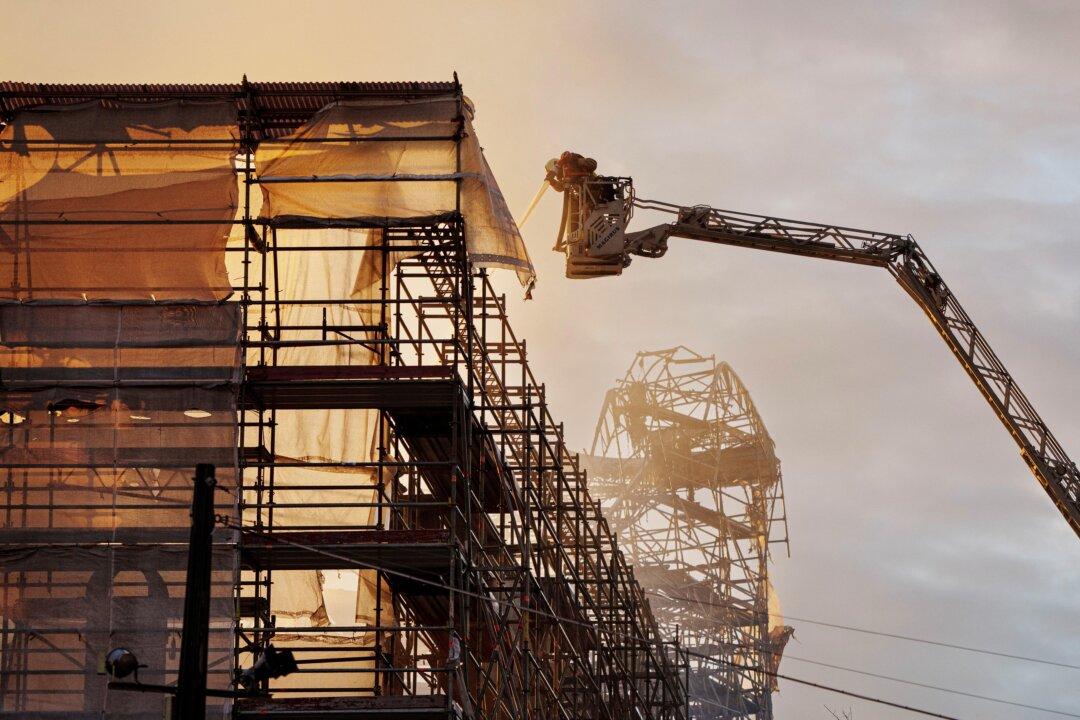Li pledged more government spending as the COVID-19 pandemic hammers the world’s second-biggest economy, setting a sombre tone to this year’s meeting of parliament in Beijing.
Domestic consumption, investment and exports are falling, and the pressure on employment is rising significantly, while financial risks are mounting, he warned.
The work report also mentioned maintaining “national security” in the mainland and accurately implementing the “one country, two system” in Hong Kong, after a news conference late Thursday evening revealed that the Congress was planning to put forward a “national security” bill for the semi-autonomous region.
The draft bill will “establish and improve the legal system and enforcement mechanism of the special administrative region to maintain national security and implement the constitutional responsibility,” Li told the Congress.
Few details have been made public. The bill from the Chinese Communist Party, which is choosing to bypass the Hong Kong legislature due to strong opposition, could spark more protests in the financial hub as pro-democracy protesters say it is further erosion of the city’s high degree of autonomy.






Friends Read Free